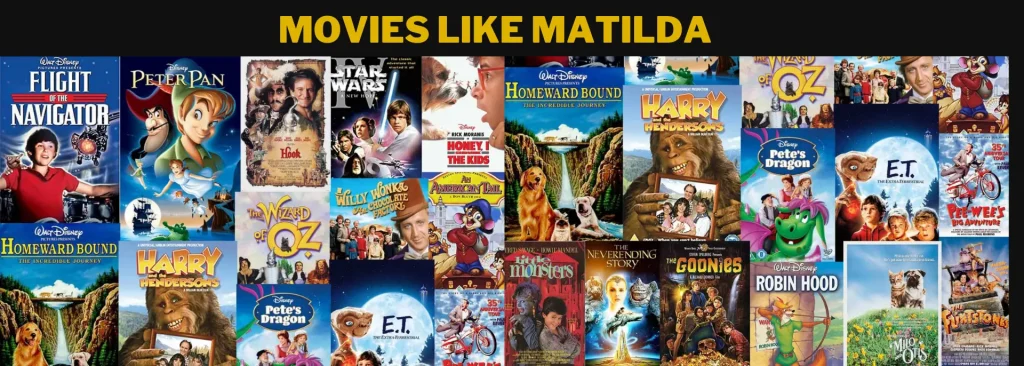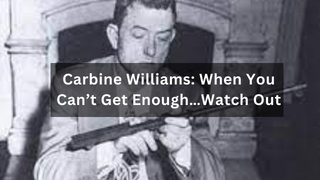AMC Theatres Ticket Prices United States 2023
Disclaimer: This website is not associated with AMC Theatres. Looking for the AMC theatres ticket prices? You don’t need to…
Subscribe Today!
Get The Latest News in your InboxTrending
Finding Nemo: a Father’s Journey (Movie Review)
Before starting finding nemo movie review, If anyone was ever paranoid, it was Marlin. Of course I would be too if my wife and 8,000ish of my children were eaten…
Nate Review Oblivion: The Truth of Reality
Were it not for the recurring dreams that place him on a crowded city street opposite a beautiful and oddly familiar woman, Jack Harper (Tom Cruise) would be nothing more…
Elliot Review The Hunger Games – Best Movie Telling
Just so you are all forewarned, I’m a sucker for YA fiction, both in movies as well as books. Back in 2010, I finished reading the Harry Potter series. This…
A Knight’s Tale Movie Review: Story of Old…Worth Seeing Again,..
A Knight’s Tale Movie Review if What happens when Camelot mixes with Queen (not Guinevere….Mercury)? A Knight’s Tale, that’s what. What is the Story of A Knight’s Tale? That’s exactly what…
Top Movies
Top 20 Movies Like Matilda: A Family-Friendly List Of Films
“Matilda” is a classic family film that tells the story of a young girl with extraordinary powers who uses her intellect to overcome adversity. The film has captivated audiences for…
Top 20 Movies Like White Chicks: Hilarious Comedy Films
If you’re a fan of the 2004 comedy hit “White Chicks,” you’re in luck. There are plenty of other films out there that feature the same kind of over-the-top humor…
Gadgets
Finding Nemo: a Father’s Journey (Movie Review)
Before starting finding nemo movie review, If anyone was ever paranoid, it was Marlin. Of course I would be too if my wife and 8,000ish of my children were eaten…
Nate Review Oblivion: The Truth of Reality
Were it not for the recurring dreams that place him on a crowded city street opposite a beautiful and oddly familiar woman, Jack Harper (Tom Cruise) would be nothing more…
1290×90 banner advertisement here
Theatre Prices
Edwards Theatres Ticket Prices United States 2023
Disclaimer: This website is not associated with Edwards Theatres. Looking for the Edwards Theatres ticket prices? You don’t need to worry because this article provides a detailed analysis of each…
Showcase Cinemas Ticket Prices United States 2023
Disclaimer: This website is not associated with Showcase Cinemas. Looking for the Showcase Cinemas ticket prices? You don’t need to worry because this article provides a detailed analysis of each…
Explore
Edwards Theatres Ticket Prices United States 2023
Disclaimer: This website is not associated with Edwards Theatres. Looking for the Edwards Theatres ticket prices? You don’t need to worry because this article provides a detailed analysis of each…
Showcase Cinemas Ticket Prices United States 2023
Disclaimer: This website is not associated with Showcase Cinemas. Looking for the Showcase Cinemas ticket prices? You don’t need to worry because this article provides a detailed analysis of each…























